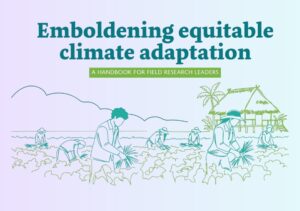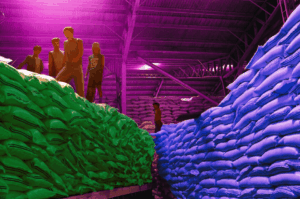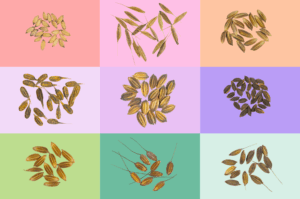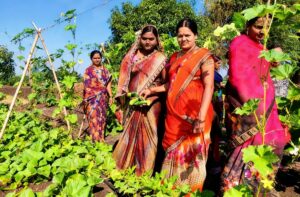The Philippine Department of Agrarian Reform will offer new agriculture graduates 3 hectares of farmland as part of government strategies to encourage young people to venture into agriculture.
Known as DAR-to-Door, the program aims to improve the country’s food security by allowing those who have the skills to develop 200,000 hectares of idle government land.
The department is working on the final draft of the program and hoping to release the administrative order this month.
Read the full story at Philippine Daily Inquirer
More on efforts to engage the youth in agriculture:
Targeting women and the youth in disseminating climate-smart agriculture in Vietnam
The study on the adoption of Climate-Smart Agriculture (CSA) technologies by men and women in Vietnam is necessary to understand how the different social expectations, roles, status, and economic power of men and women are affected differently by climate change. It will improve actions taken to reduce vulnerability and combat climate change in the country.
A city with a heart for rice
IRRI Fund Singapore organized a contest with Science Centre Singapore in conjunction with the 2012 World Food Day. With its theme, Agricultural Cooperatives—key to feeding the world, the competition sought to equip teachers with content knowledge in life sciences, particularly rice biology and geography, as well as with the skills needed to initiate rice growing as a project in their schools. Fifteen teachers from 10 schools were given rice seeds supplied by IRRI for them to grow. The amount of rice grains harvested was a key judging criterion of the competition. Other criteria were a 5-minute presentation on the process of cultivating rice crops in school and a creative task involving rice.
A little grain of rice with a big mission
More than being entertaining, a well-told story may serve as an agent of change and cultural appreciation. The Adventures of Gabby Ghas is a story remarkable for its potential in communicating a strong message about the value of rice and rice farming. The book is an excellent means of making young people learn more about rice and appreciate more the role of rice farmers. Since its original publication, the story of Gabby Ghas has been told and retold to many pupils while thousands of copies of the book have been purchased and distributed in public schools.










